 |
| September 03, 2020 |
Dear Reader,
Check out highlights from today's top stories: - If and when a safe and effective COVID-19 vaccine is available, what is the fairest way to distribute it? A group of public health experts laid out an ethical framework that is geared toward limiting harm and avoiding discrimination.
- A quantum physics experiment has demonstrated an important step toward achieving quantum cryptography among many users, an essential requirement for a secure quantum Internet.
- Scientists have estimated that around 200 million trees in tropical forests die each year due to lightning.
|
| | Sunya Bhutta, Senior Editor, Audience Engagement
@sunyaaa | |
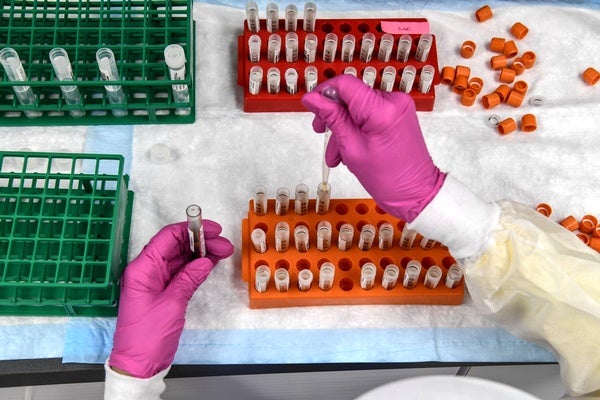 |
| |
| |
| |
| |
| |
FROM THE STORE
 | | Anniversary Sale In honor of our 175th anniversary, save 25% on any subscription with full digital archive access to Scientific American |  | | |
| |
| |
LATEST ISSUES
 |
| |
| Questions? Comments?  | |
| Download the Scientific American App |
| |
| |



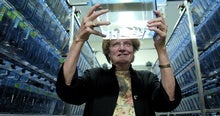

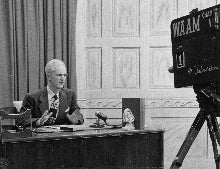

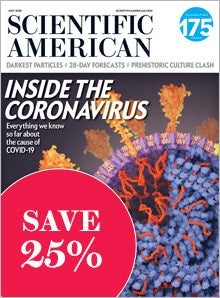

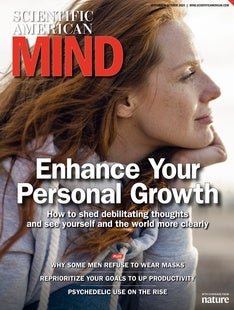

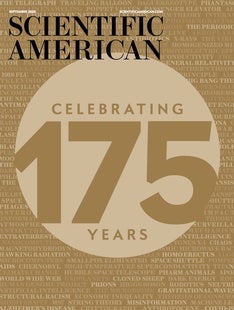
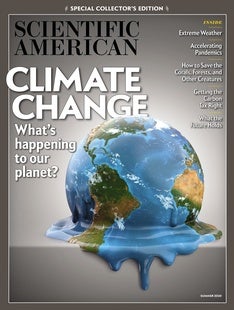
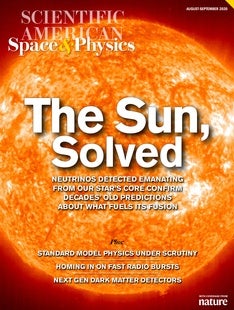



Comments
Post a Comment